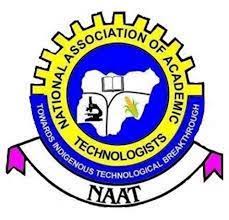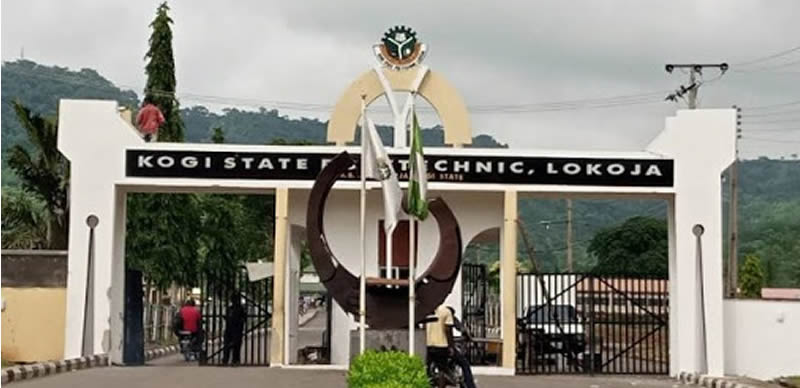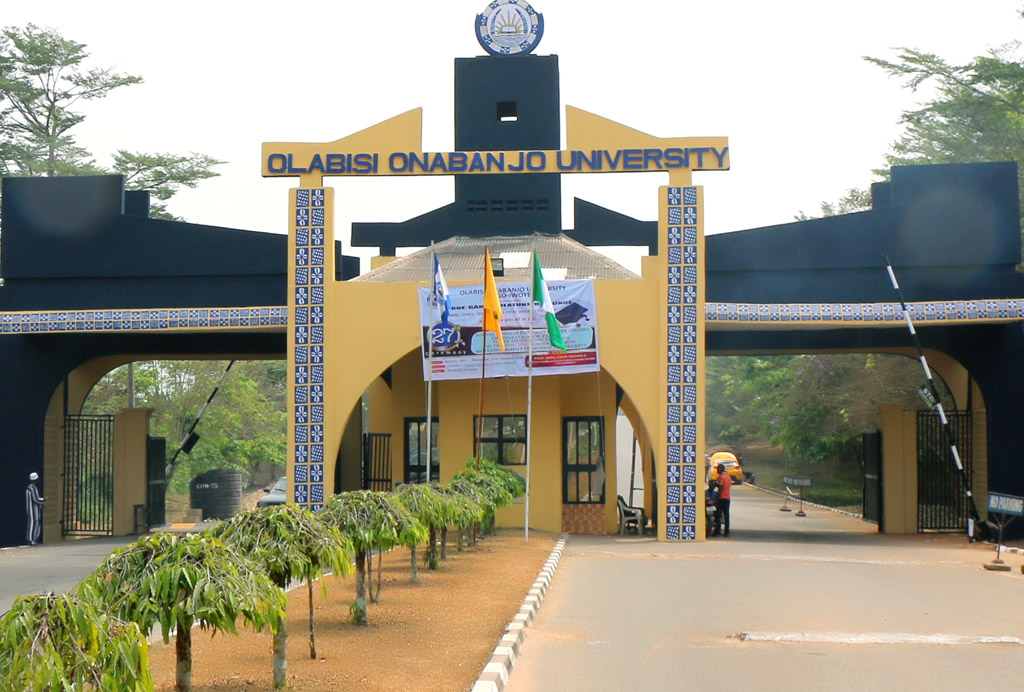Dismissal of VCs, Governing Councils Hindering University Progress, Says NAAT


The National Association of Academic Technologists (NAAT) has faulted the Federal Government over the frequent dissolution of university governing councils and the removal of vice chancellors, expressing that the trend is now hindering the smooth operation of tertiary institutions.
NAAT President, Comrade Ibeji Nwokoma, voiced this concern during an emergency National Executive Committee meeting held at Yakubu Gowon University (formerly known as the University of Abuja).
Nwokoma stated that universities, being centers for developing the nation’s workforce and leaders, should not experience arbitrary dissolution of governing boards without following due process, as it can obstruct proper management, growth, and progress.
“NAAT is deeply concerned over the trend of the rampant dissolution of duly appointed and inaugurated University Governing Councils, removal of Vice-Chancellors and the swapping of Pro-Chancellors by the Federal Government without recourse to the laid-down procedures as enshrined in the Universities (Miscellaneous Provisions) (Amendment) Act 2003.”
He clarified that while “NAAT” does not support “incompetence, indiscipline and corruption by any public servant especially in the university system,” it strongly advocates for adherence to due process.
Nwokoma emphasized that the frequent dissolution of governing councils could obstruct efficient management, hinder growth, and stall development within universities.
He explained that this includes delays in fund disbursement for personnel expenses, overhead costs, capital expenditures, research and development, and balancing academic and non-academic expenditures.
He further pointed out that these issues can disrupt the functioning of laboratories, workshops, and studios, affecting the overall welfare of academic technologists, particularly concerning promotions and training.
Such setbacks, he warned, could lower “the morale of academic technologists” and negatively impact their ability to perform their teaching and research responsibilities effectively.
As a result, Nwokoma cautioned that “the quality of graduates produced under such conditions may be compromised.”
He stressed that “NAAT,” being a key stakeholder in the higher education sector, “cannot seat back and pay lip service to these anomalies and its attendant implications on the education system.”
Therefore, “NAAT” urges the Federal Government to consistently appoint “credible and competent Nigerians into governing councils of Nigerian tertiary institutions” and ensure these councils have the freedom to carry out their responsibilities.
Nwokoma concluded that this would enable a “credible and transparent process” in selecting vice chancellors and other key officials, according to the communiqué released after the meeting.







